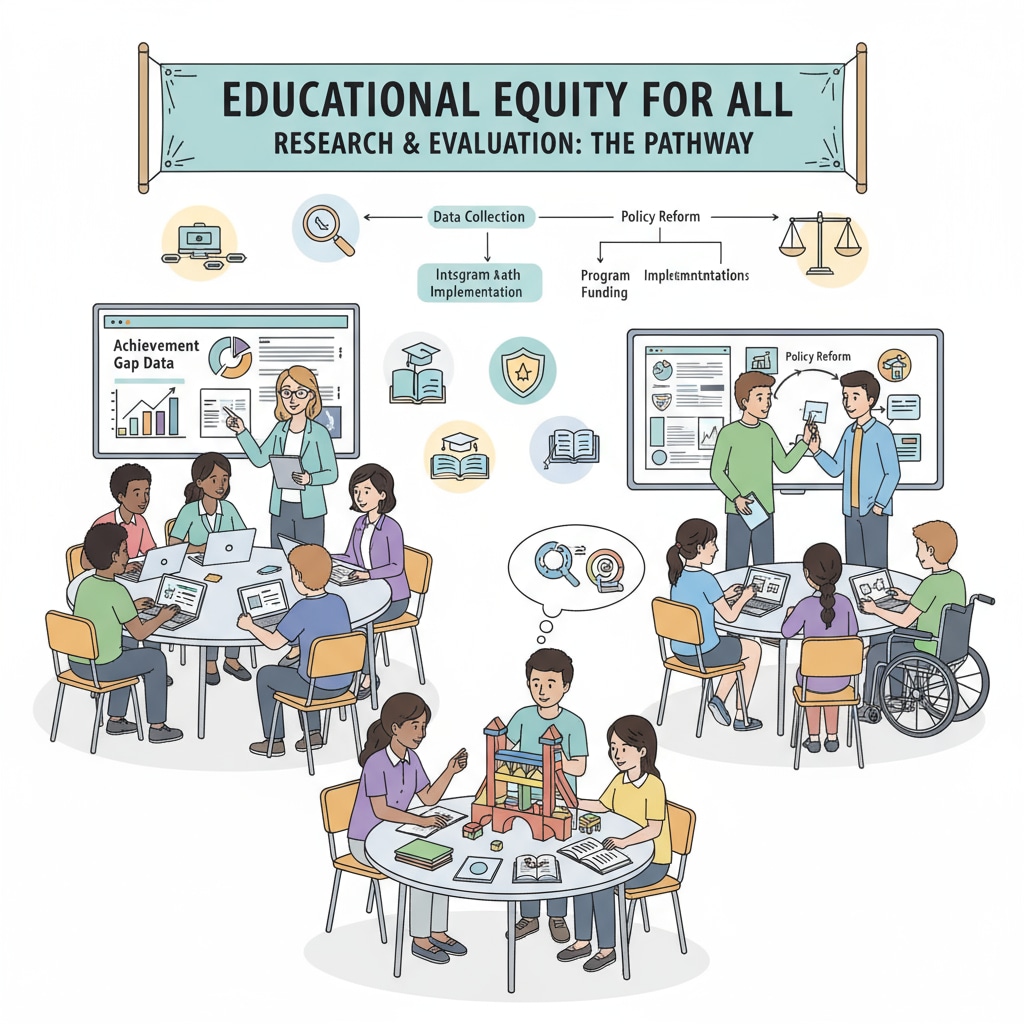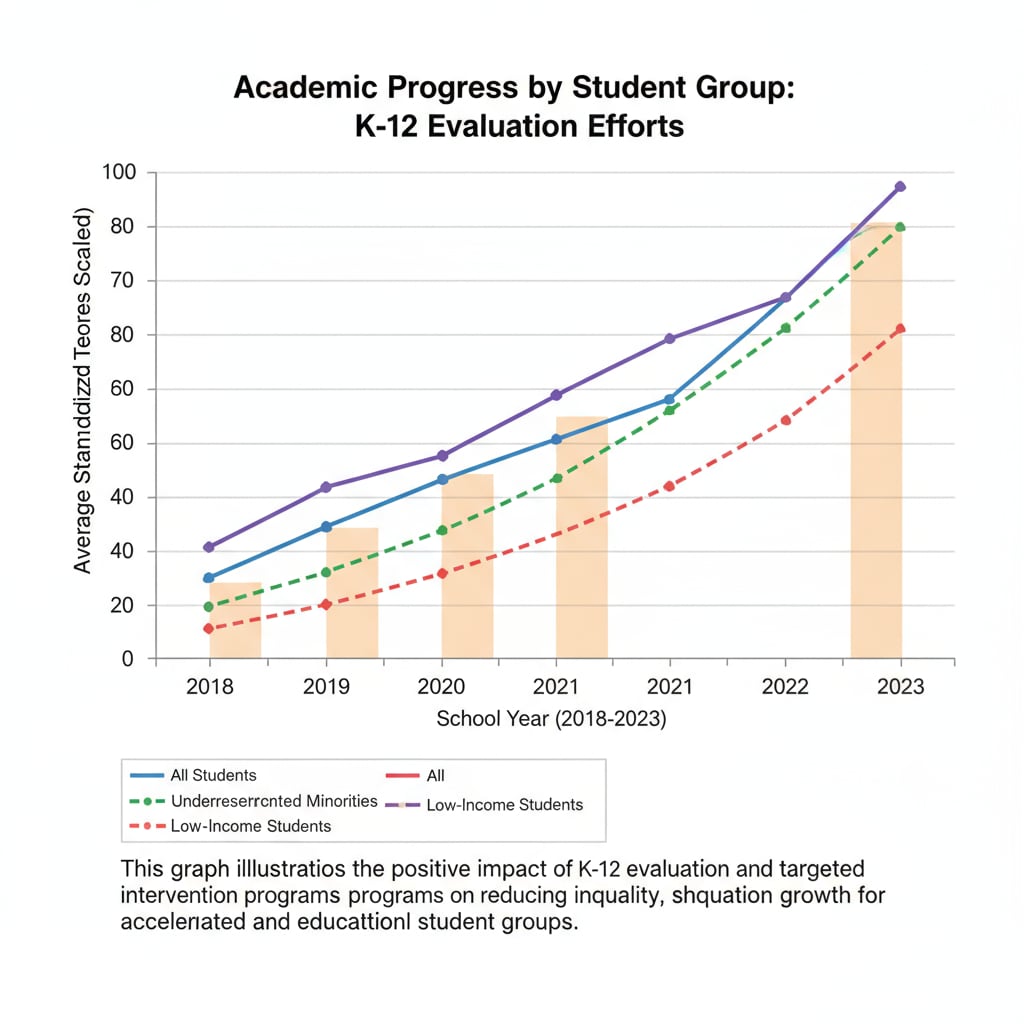In the realm of K12 education, research and evaluation play crucial roles in addressing educational inequality. These two concepts, while distinct, are deeply intertwined and together serve as powerful tools in the pursuit of a more equitable and high-quality education system.

The Distinctive Nature of Research in K12 Education
Research in K12 education is a systematic inquiry. It aims to understand various aspects of the educational process, such as teaching methods, student learning behaviors, and the impact of educational policies. For example, researchers might conduct studies to determine which teaching strategies are most effective for students from disadvantaged backgrounds. By gathering data through surveys, observations, and experiments, they can uncover insights that can inform educational decision-making. According to Educational research on Wikipedia, educational research helps in developing new theories and improving existing practices. This is essential as it provides a foundation for making informed changes in the education system to reduce educational inequality.
The Role of Evaluation in K12 Education
Evaluation, on the other hand, is about assessing the effectiveness, efficiency, and impact of educational programs, policies, or initiatives. It helps in determining whether the goals set for a particular educational intervention have been met. For instance, an evaluation might be carried out to see if a new after-school tutoring program for low-income students has improved their academic performance. As stated in Educational evaluation on Britannica, evaluation uses various methods like tests, interviews, and performance indicators to measure outcomes. This feedback loop is vital for identifying areas that need improvement and ensuring resources are allocated effectively to bridge the educational gap.

The relationship between research and evaluation is symbiotic. Research provides the knowledge base for evaluation. The findings from research can be used to develop evaluation criteria and indicators. In turn, evaluation results can guide further research. For example, if an evaluation shows that a certain educational policy is not achieving the desired results, it can prompt researchers to investigate the underlying reasons.
In conclusion, research and evaluation are the dual levers that can effectively address educational inequality in K12 education. By understanding their differences and connections, educators, policymakers, and researchers can work together to create a more just and high-quality educational environment for all students.
Readability guidance: Short paragraphs and lists are used to summarize key points. Each H2 has a list or relevant details. Passive voice and long sentences are controlled. Transition words are added throughout the text.


